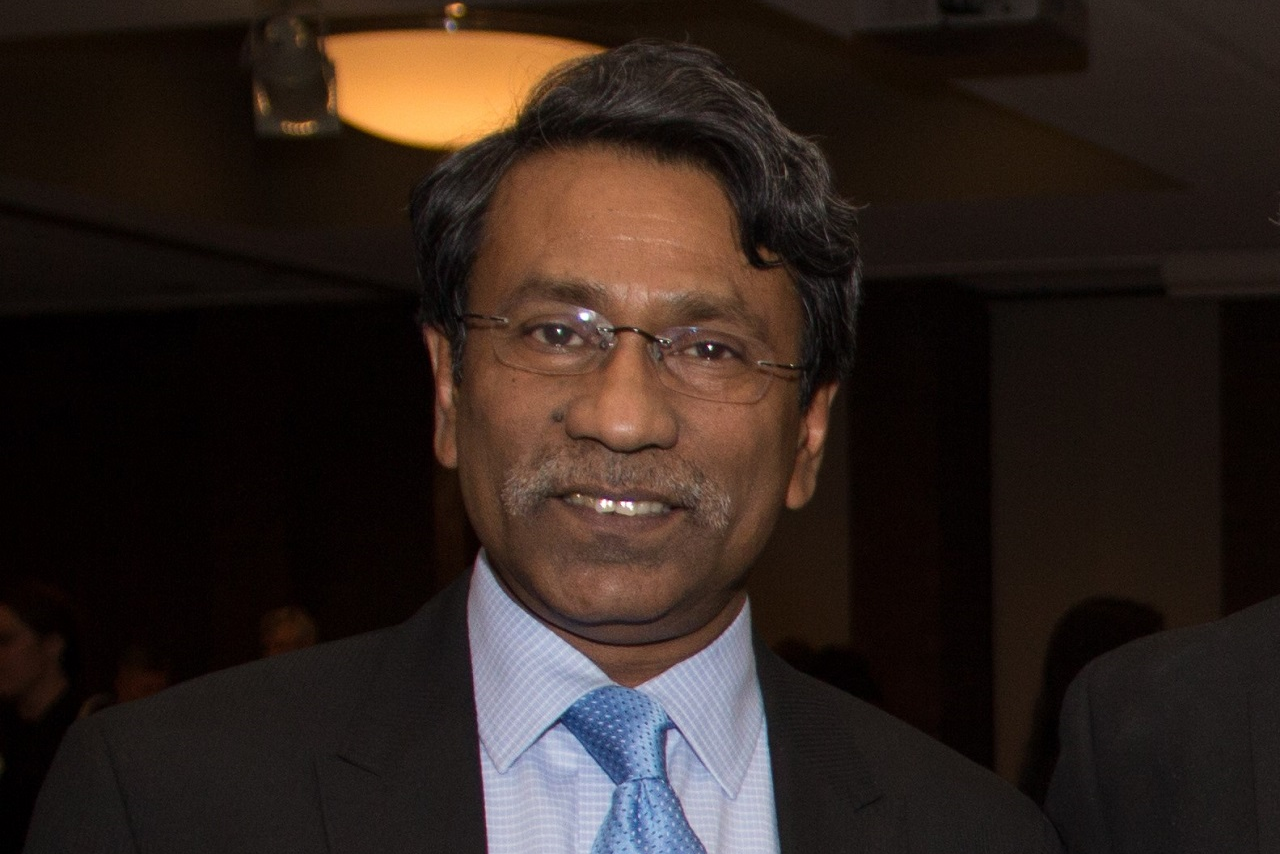Distinguished Professor of Politics and Government Ali Riaz has participated in two webinars regarding the impacts of Covid-19 in South Asia. Both were organized by the Center for International Private Enterprise (CIPE), a Washington-based institute of the National Endowment for Democracy, and an affiliate of the U.S. Chamber of Commerce.
On April 29, Riaz provided the overview of South Asia in the webinar on “COVID-19 and Corruption: The View from South Asia”. In his presentation Riaz highlighted that global health emergencies tend to trigger wide ranging corruption, as experience of Ebola crisis has amply demonstrated. Covid-19 catastrophe has similar risks. Three specific situations pertaining to South Asian countries make it more likely: The glaring gap in the public health preparedness which is a result of low investment and corruption for decades, endemic corruption in all sectors, and weak institutional structure combined with lack of public trust on government. He cited various kinds of corrupt practices which have plagued the Covid-19 responses of Bangladesh, Pakistan, India, Nepal, and Afghanistan. He underscored that with imminent economic crisis these countries will be borrowing significant sum of money from the World Bank, ADB, and the IMF. The donors must insist on transparency, accountability and monitoring. They should also make sure that whistleblowers are protected. Experts of Pakistan, India, Nepal and Maldives joined the webinar as speakers.
On April 30, Riaz participated in another webinar of the CIPE which focused on Bangladesh and Pakistan. The webinar, titled “Assessing COVID-19 Control Measures & Prospects for Socio-Economic Recovery”, discussed the governments’ response to COVID-19 in Pakistan and Bangladesh, and the countries’ prospects for a sound socio-economic recovery. Riaz, speaking about Bangladesh’s situation noted that the country’s economy will be badly hit by the pandemic. It is estimated that 20 million people will fell into the poverty, bringing the share of poor people to 20 percent, up from 14 percent. Assessing the responses of the government Riaz said that many aspects of the current stimulus plan to the tune of $11 billion dollar has misplaced priorities. He argued that these plans are not addressing the poorest people needs. The government is also conducting low number of tests which is providing an inaccurate picture of the number of people affected and dying. Professor Akbar Zaidi of Columbia University presented on the response of Pakistan government to the crisis. Both webinars were moderated by CIPE Executive Director Andrew C. Wilson.

